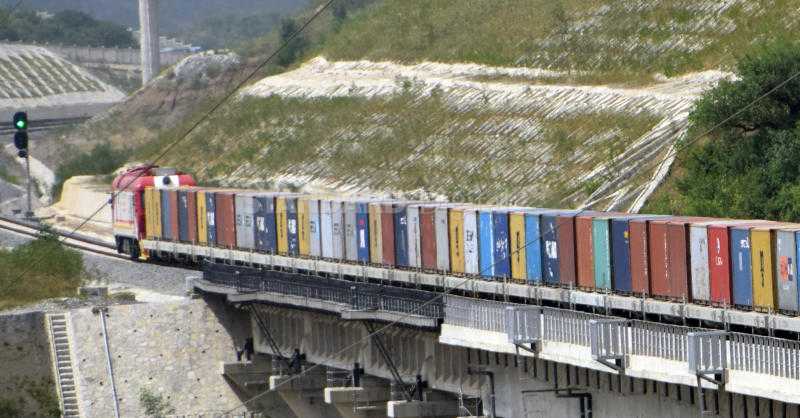
A visit to Koitalel arap Samoei Museum in Nandi County is incomplete without a lecture on the famous Nandi bear. On display are the remains of a furry creature, the skeleton of which bears similarity to that of a large rodent or a dog of sorts. Also known as Chemisit in the local Nandi dialect, the bear was said to have hunting prowess of near mythical proportions. Today, the Nandi bear is referred to as a “cryptid”, which the Urban Dictionary defines as “animals which are commonly believed not to exist but actually may.”
But Chemase Village in Nandi County does exist. That its name may be a derivative of Chemisit the Nandi bear is arguable. What is indisputable is that Chemase is a veritable garden of Eden, flowing with milk, honey and gold. The gold here is not the figurative type but that real precious mineral much sought after the world over. Chemase featured recently in a segment of news. A company called Karebe Gold Mining Limited has over the years, been commercially extracting the precious metal. There has been some community disquiet over the company.